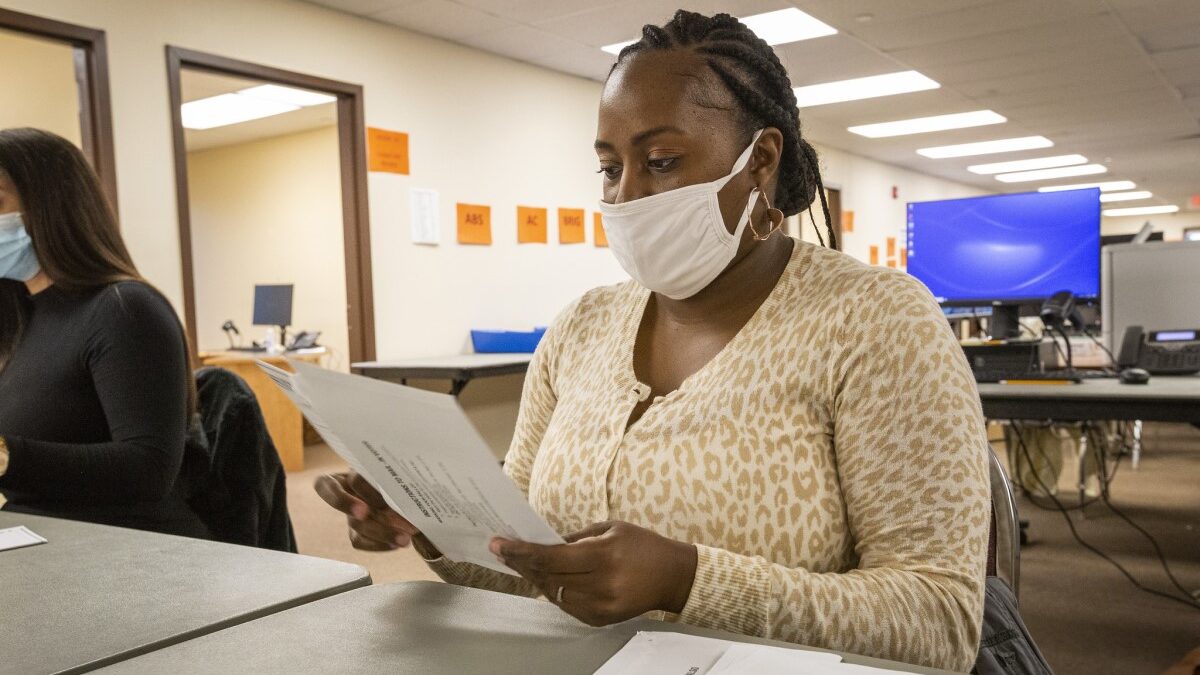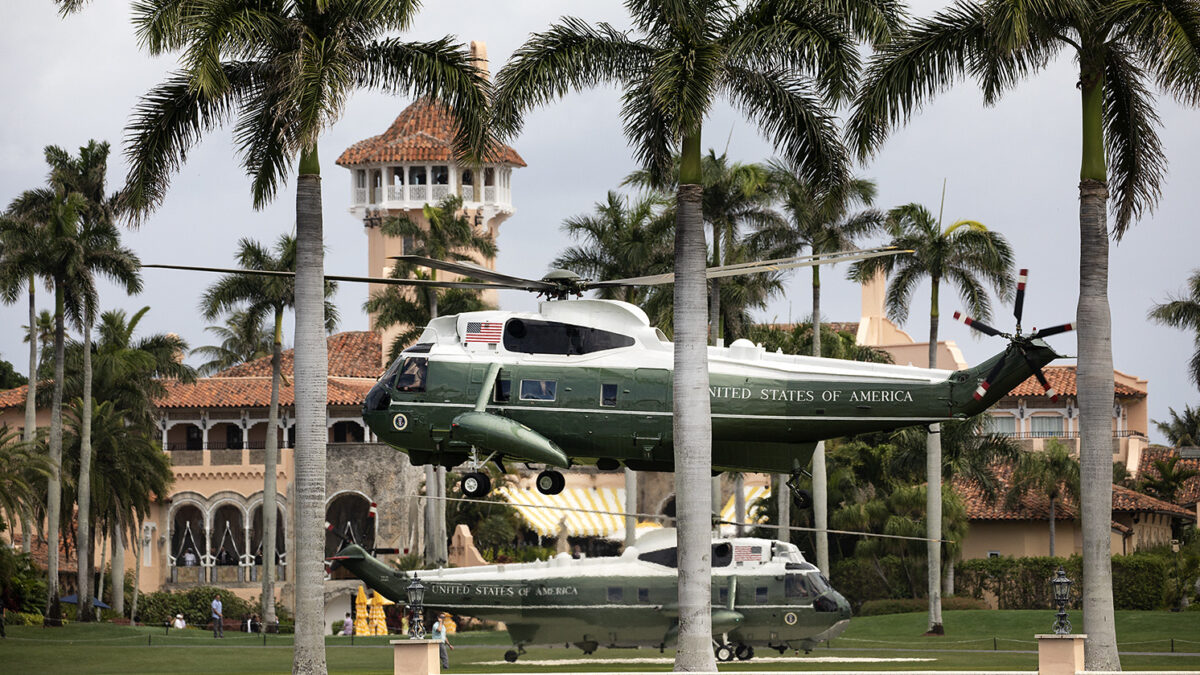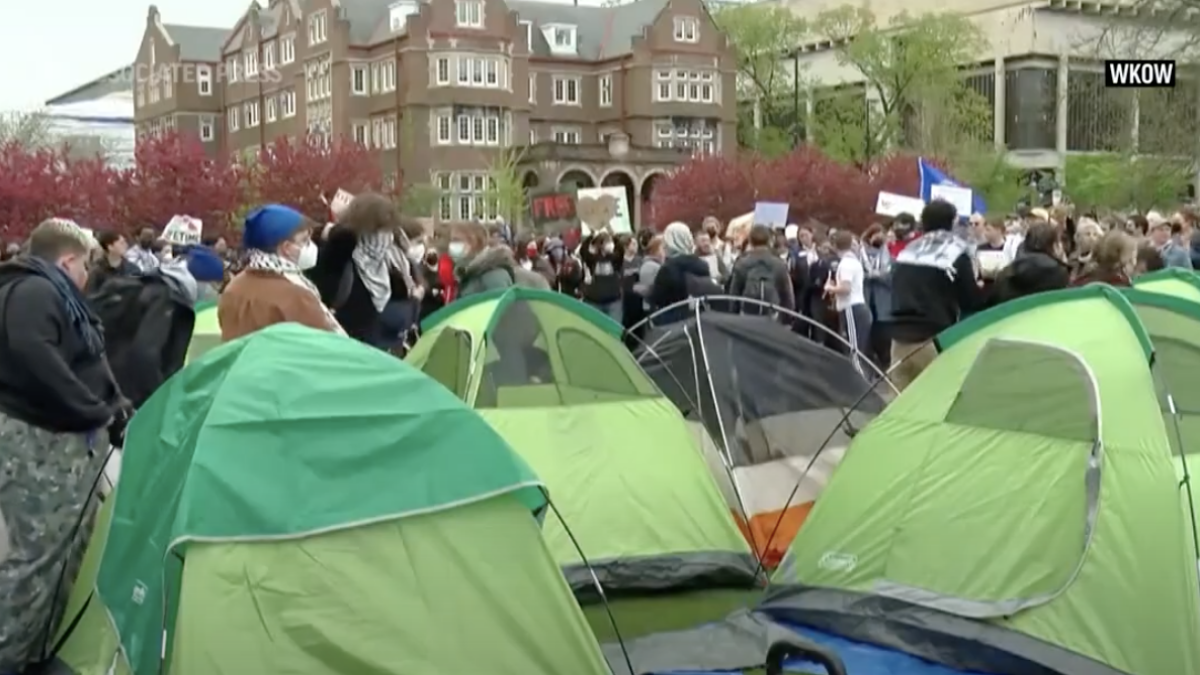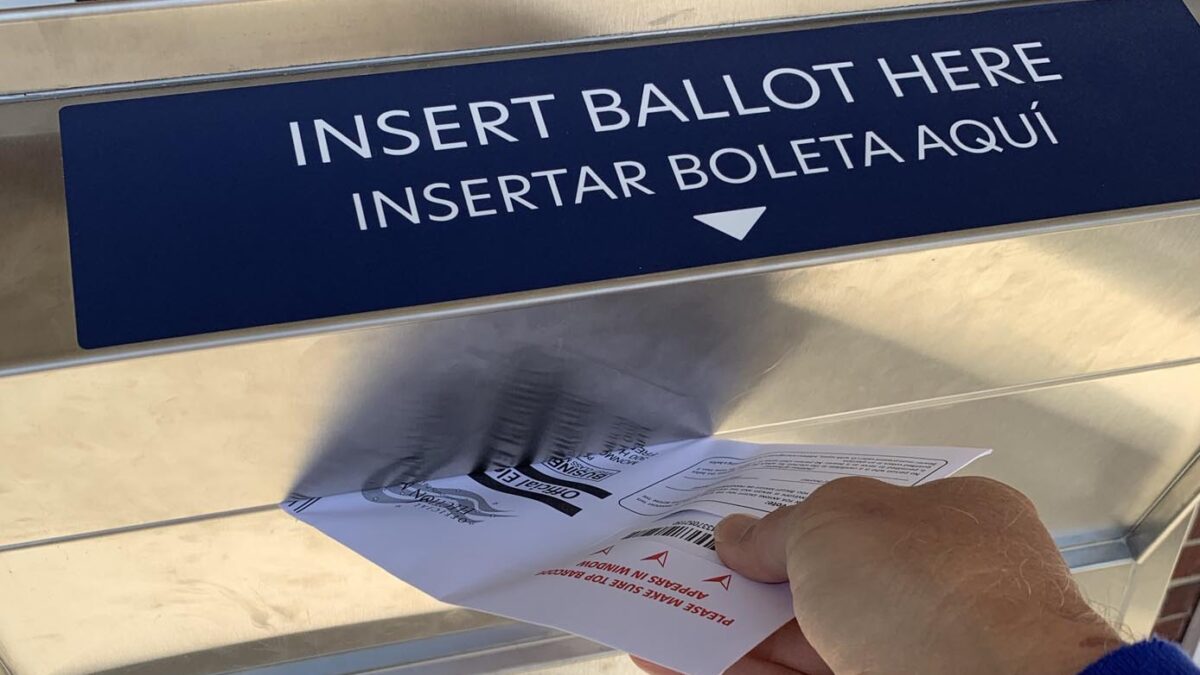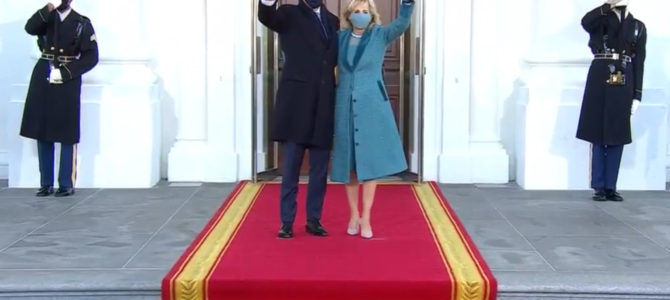
Four years ago, students across America walked out of class (if they had shown up in the first place) in protest of the perceived horror that was the inauguration of President Donald Trump.
Students at the University of North Carolina at Chapel Hill walked out of class to protest Trump’s inauguration. More than 100 students at Boston’s Northeastern University walked out of their classes on Inauguration Day, while dining hall workers at Northeastern went on strike.
Ohio State was ahead of the game, offering a “safe space” for students who couldn’t emotionally cope with the reality of Trump’s swearing-in. That wasn’t enough for their students, however, who still held a walk-out.
@OhioState students hold a walkout to protest the #Inauguration of #Trump pic.twitter.com/1qqBmi51eP
— Esther Honig (@estherhonig) January 20, 2017
A group of students at Temple University coped with Trump’s inauguration by waving their phone flashlights in the air and singing “This Little Light of Mine.”
I didn’t do any of those things yesterday. I didn’t even consider doing them. I didn’t wake up yesterday morning with a sense of dread and despair. In fact, I didn’t think about it being Inauguration Day until I opened Twitter. I had a pretty normal, fulfilling Wednesday.
It’s not that I don’t care about the presidency. I’m a government major, a political news reporter, and a former intern in the Trump White House, living an hour from Washington, D.C. But having a president with whom I passionately disagree — even a president whose plans and policies I find alarming — didn’t keep me from functioning as an adult either.
I made my bed, and I made myself coffee as usual, unironically in my White House mug. I noticed the snow flurries outside as I went to my morning class. Five of us in that class had either interned or worked in the Trump White House, and while we jokingly eyerolled about the day’s events, we participated in class with no paralyzing sorrow. If we had decided not to show up, and explained to our professor (no fan of Biden himself) that we needed the day to mourn or protest the incoming president’s existence, I hope he would have thought we were joking.
I read my Bible and made my to-do list for the day, and went to corporate chapel with my classmates as I do every Wednesday. “Tis So Sweet To Trust In Jesus,” we sang, not as melancholy, afflicted creatures but as happy souls that meant it.
Afterwards, I clocked in for my work shift in the campus bookstore. If I’d dramatically staged a walk-out, I’m sure the sweet lady I work for wouldn’t have been impressed with my show of protest but would have just been confused why I was bailing on my job. Instead, I served customers, folded sweatshirts, organized displays, and talked about political theory with a campus visitor.
On my lunch break, I caught up with some sophomore and junior friends. We laughed for a minute about the softball press coverage of Biden on the heels of four years of relentless hatred of Trump by the media. (I mean, the lights from the Lincoln Memorial looking like “extensions of Joe Biden’s arms embracing America”? Really, CNN?) But for the most part, we spent our time talking about everything from post-grad plans to our families and our favorite classes.
After work I read from Booker T. Washington’s “Up From Slavery” for a class assignment. If anyone ever had reason to feel paralyzed by hurt, anger, or fear, it was Washington — born into chattel slavery and with every tangible circumstance stacked against him. Yet Washington remarkably was unfazed by his odds, choosing instead to approach the daily tasks before him with the simple goal of serving others well. Looming political threats did not deter him from the mission of hard and honest work.
The conservatism that I know aspires to imitate Washington’s approach. It is based on the idea that the strongest victories are achieved in personal relationships and local service rendered in the course of everyday responsibilities. The most sacred duties are performed not in government buildings but close to home.
So I won’t walk out of my classes or forsake my responsibilities as an act of defiant protest. But I will perform my daily duties to the best of my ability, as a sign of commitment to the values I hold dear.
That’s the only way liberty has ever been preserved. No electoral victory or defeat is weightier than the ties of duty and friendship that bind people together in their communities. No struggle for true freedom has succeeded without them.
All conservatives lost yesterday was (for now) the presidential office. We have not truly lost until we have ceased to be able to serve our God, our families, and the people closest to us. That’s what gives elections significance — not the other way around.






